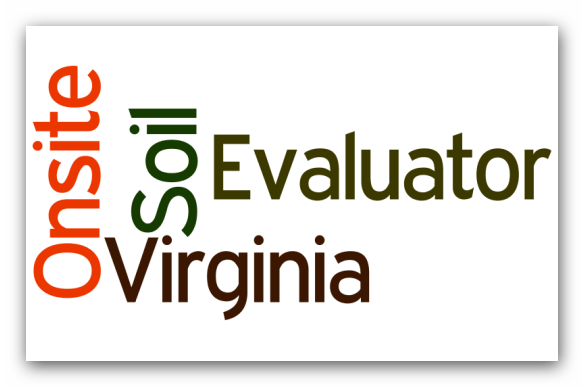ad hoc adjustment

Is it a duck? Is it a rabbit?
"The subject of a gestalt demonstration knows that his perception has shifted because he can make it shift back and forth repeatedly while he holds the same book or piece of paper in his hands. Aware that nothing in his environment has changed, he directs his attention increasingly not to the figure (duck or rabbit) but to the lines of the paper he is looking at. Ultimately he may even learn to see those lines without seeing either of the figures, and he may then say (what he could not legitimately have said earlier) that it is these lines that he really sees but that he sees them alternately as a duck and as a rabbit. ... ." -- Thomas Kuhn, The Structure of Scientific Revolutions (3rd ed., p.114).
Complexity Increasing Far More Rapidly Than Accuracy
"Given a particular discrepancy, astronomers were invariably able to eliminate it by making some particular adjustment in Ptolemy’s system of compounded circles. But... astronomy’s complexity was increasing far more rapidly than its accuracy and that a discrepancy corrected in one place was likely to show up in another." -- Thomas Kuhn, The Structure of Scientific Revolutions (1970, p.68).
Very Few Men Desert a Tradition for These Reasons Alone
"... crisis alone is not enough. There must also be a basis, though it need be neither rational nor ultimately correct, for faith in the particular candidate chosen. Something must make at least a few scientists feel that the new proposal is on the right track, and sometimes it is only personal and inarticulate aesthetic considerations that can do that.... When first introduced, neither Copernicus’ astronomical theory nor De Broglie’s theory of matter had many other significant grounds of appeal. ... This is not to suggest that new paradigms triumph ultimately through some mystical aesthetic. On the contrary, very few men desert a tradition for these reasons alone. Often those who do, turn out to have been misled. But if a paradigm is ever to triumph it must gain some first supporters, men who will develop it to the point where hardheaded arguments can be produced and multiplied." -- Thomas Kuhn, The Structure of Scientific Revolutions (1970, p.158).


2 comments:
Thanks Bob! This is a welcomed concept that has been long needed. Take Care
Jim S
I would like to extend my gratitude to all members of the WWWOOSSP Board, Executive Director Mr. David Dick, and Michele Atkinson for hearing concerns of industry professionals earlier today. Their insight and help is greatly appreciated. I suggest all fellow regulants to contact Mr. Dick and/or Ms. Atkinson with any license questions/interpretations. I can not stress how helpful they have been to all of us. Per the DPOR website, their email contact information is as follows:
Mr. David Dick
David.Dick@dpor.virginia.gov
Ms. Michele Atkinson
Michele.Atkinson@dpor.virginia.gov
Jim S
Post a Comment